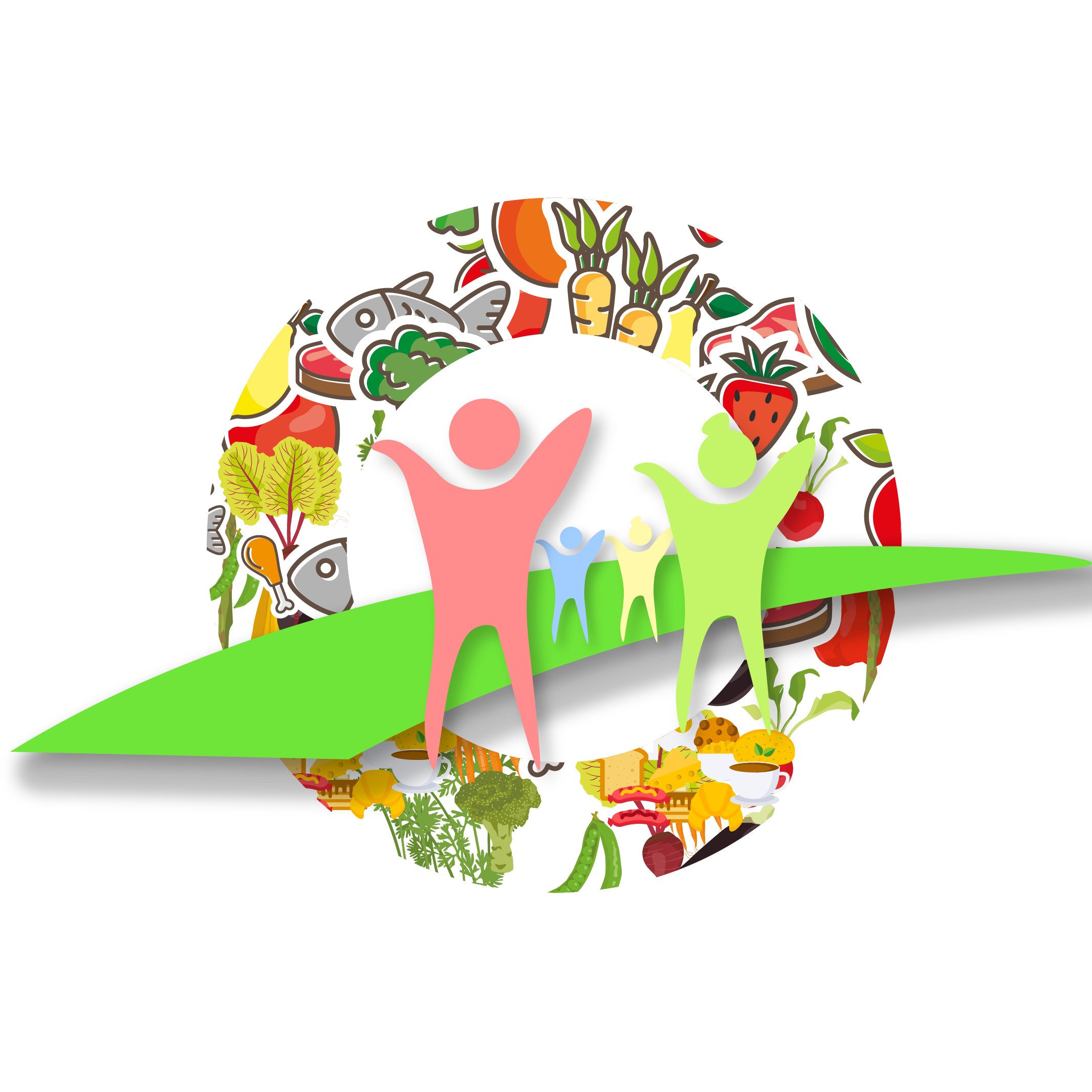Asides from medications, adopting healthy eating and lifestyle can help lower your blood pressure and improve your overall heart health. Adopt the following recommendations today for a happy heart and healthy you.
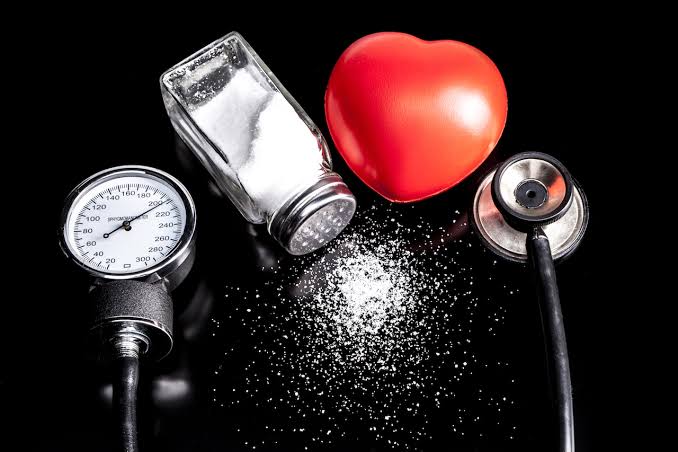
Cut back on salt (sodium) consumption:
Salt intake of fewer than 5 grams per day for adults reduces blood pressure and risk of cardiovascular disease, stroke, and coronary heart diseases. The principal benefit of lowering salt intake is a corresponding reduction in high blood pressure. Check food labels and choose low salt/sodium products. To make your food more delicious, cook with herbs and spices, they add flavor and taste to meals and they are beneficial to health.
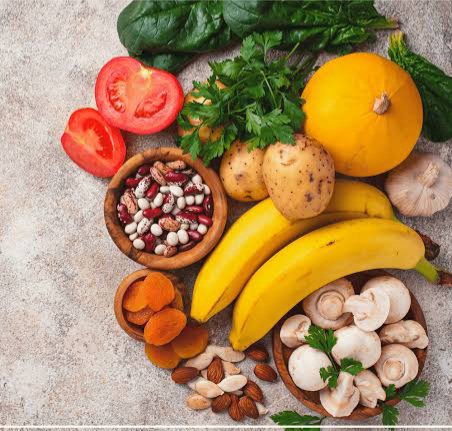
Eat more foods rich in potassium:
Increased potassium intake reduces systolic and diastolic blood pressure in adults. Potassium also helps flush sodium out of the body and relaxes blood vessel walls. Potassium is commonly found in various unrefined foods, especially fruits and vegetables such as potatoes, beans, watermelons, bananas, oranges, cucumbers, etc.
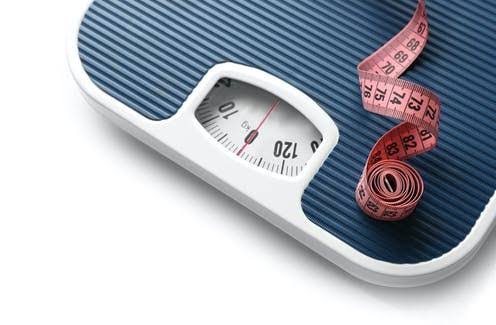
Lose weight and target a healthy weight:
Overweight and obesity are major risk factors for high blood pressure and cardiovascular diseases. Weight gain has been observed to increase blood pressure while losing weight positively affects blood pressure, especially in overweight and obese individuals who are hypertensive.

Get active:
Being physically active can help lower blood pressure, reduce the overall risk of cardiovascular disease, and help with weight loss and maintaining a healthy weight. Moderate physical activities, such as brisk walking, jogging, gardening etc., are helpful. Aim for at least 30 minutes every day. Consult your medical doctor before starting if you are above 50 years of age and/or have any form of heart disease or any underlying health conditions.
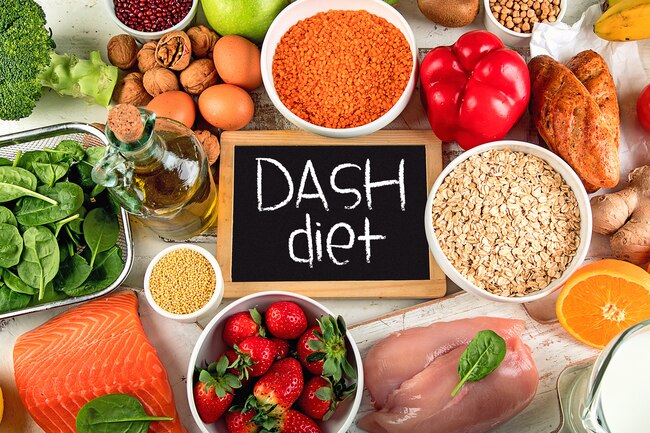
Follow a healthy eating plan:
A healthy eating plan can reduce the risk of developing high blood pressure and lower blood pressure that is already too high. For an overall eating plan, consider DASH, which stands for “Dietary Approaches to Stop Hypertension.” The DASH eating plan includes whole grains, poultry, fish, nuts, seeds, legumes, fruits, and vegetables. It has low amounts of fats and oil. The DASH eating plan has more daily servings of fruits, vegetables, and grains than you may be used to eating. To get used to the DASH eating plan, gradually increase your servings of fruits, vegetables, and grains.
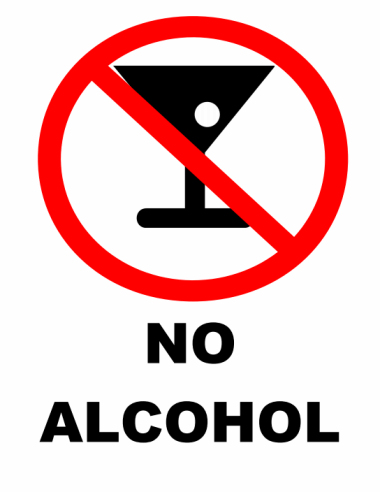
Cut back on alcohol consumption:
Drinking too much alcohol can increase your blood pressure. I generally advised people with high blood pressure to avoid alcohol, although alcohol’s health effects may depend on the type and amount of alcohol consumed. It also varies among individuals. Alcohol contains 7 calories per gram; this is almost twice as much per gram of carbohydrate and protein (4 calories/gram). Drinking alcohol contributes to weight gain, which might also increase blood pressure. In addition, alcohol may interfere with your blood pressure medications, thereby affecting their effectiveness and can cause side effects.
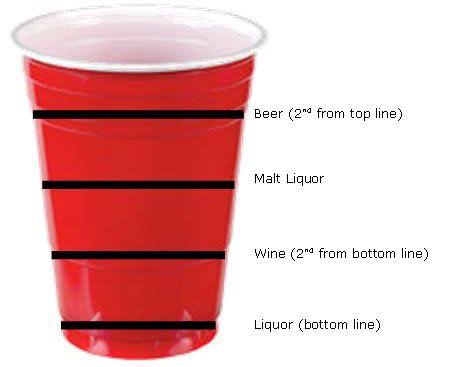
If you must consume alcohol, drink moderately and limit consumption too;
- Two drinks a day for men younger than age 65
- One drink a day for men age 65 and older
- One drink a day for women of any age
A drink is 12 ounces (355ml) of beer (5% ABV), equivalent to a little over 330ml bottle of Guinness Smooth or Heineken Lager Beer.
5 ounces (148ml) of wine (12% ABV), approximately a standard glass size of wine. Note; Red wine is 12.5% ABV, Champagne is 12.2% ABV and White wine is 11.5% ABV.
8 ounces (236ml) of malt liquor (7% ABV), equivalent to more than (23.6cl) half of 33cl can of Guinness Foreign extra stout.
1.5 ounces (44ml) of Brandy, Cognac or 80-proof distilled spirits (40% ABV), equivalent to a shot of Gin, Rum, Whiskey, Vodka, Tequila etc.
For a holistic and personalized management of hypertension, consult a Medical Doctor and Registered Dietitian Nutritionist.
Reference
https://www.who.int/news-room/fact-sheets/detail/salt-reduction.
https://www.nhlbi.nih.gov/files/docs/public/heart/hbp_low.pdf.
https://www.webmd.com/hypertension-high-blood-pressure/ss/slideshow-hypertension-low-bp-foods.
https://www.cdc.gov/alcohol/fact-sheets/moderate-drinking.
https://www.niaaa.nih.gov/alcohols-effects-health/overview-alcohol-consumption/what-standard-drink.
POPOOLA KABIRAT KEHINDE (M.Sc. RDN)


